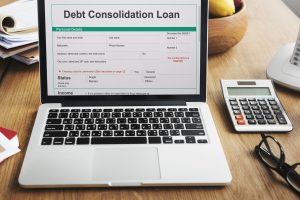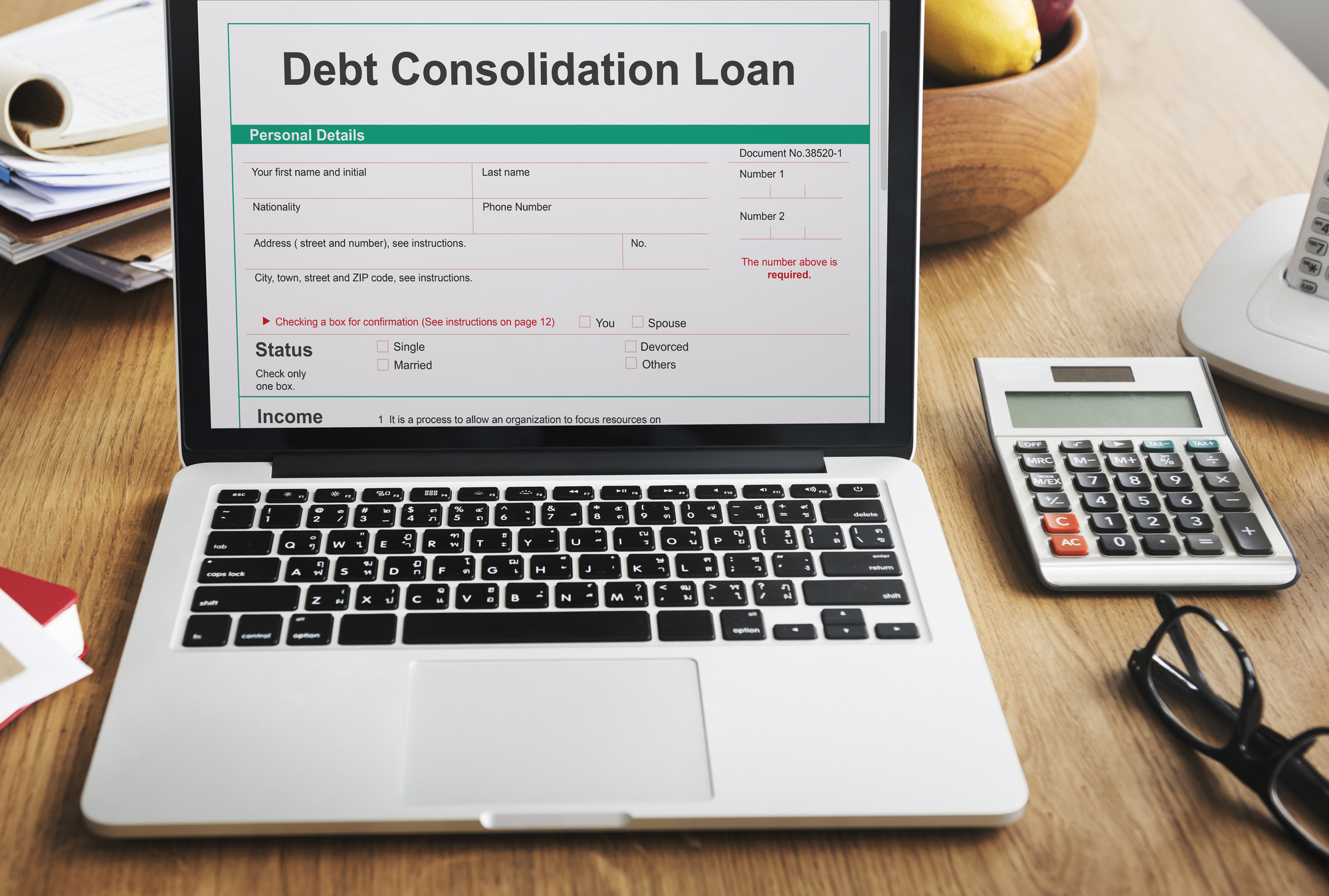Is Debt Consolidation a Good Idea?


Is it starting to feel like you’re drowning in debt? When you have so much of it hanging over your head, it can make it feel like it’s going to be impossible for you to ever get rid of it.
Fortunately, there are steps you can take. One great option for some people is debt consolidation.
Now, we know what you’re thinking: Is debt consolidation a good idea for me?
It really all depends on your specific situation. But in many cases, debt consolidation loans can end up being godsends for those who just can’t seem to make a dent in their debt otherwise.
Let’s take a closer look at a few of the scenarios in which you should consider obtaining a debt consolidation loan.
You Have Multiple Forms of Debt at the Moment
Are you juggling several different credit card payments every month?
This can start to become incredibly frustrating in a very short amount of time. It can feel like you’re paying hundreds of dollars every week and doing very little to reduce the total debt you have.
If you’re currently indebted to a few different credit card companies, a credit card consolidation loan will allow you to take all your debt, put it into one big pile, and then chip away at it slowly.
This can do away with a lot of the stress you feel right now and show you that there is a light at the end of the tunnel. It can also stop the collection calls you’re receiving as you try and keep up with all of your payments.
You should ask yourself “Is debt consolidation a good idea?” the first time you find yourself struggling to keep track of all the various debt payments you need to make on a weekly and monthly basis.
Your Debt Is Saddled With High-Interest Rates
More often than not, high-interest rates are what prevent people from paying off their debt in a timely fashion. You might be able to make minimum monthly payments on your debt, but if your interest rates are high, it almost won’t make any difference in your total debt.
Take out your latest credit card statements and look at your interest rates. Are they in the high teens or even up into the 20s?
If so, you could probably benefit in a big way from taking out a debt consolidation loan. Even if you don’t have excellent credit, you can get access to a much better interest rate that would make it easier for you to pay down debt rather than just maintaining it from month to month.
If you have really bad credit, a debt consolidation loan might not necessarily be the answer for you. There are some companies that will give you a debt consolidation loan with your credit situation, but they’ll often tack a hefty interest rate onto it that won’t help you much.
Do your homework and look around for debt consolidation loans that will give you an interest rate that makes sense for you.
Your Credit Score Is Taking a Huge Hit Due to Debt
Debt can wreak havoc on your credit score. When you have a lot of debt, you will likely see your credit score go down, down, and then down again over the course of time.
If it’s been a while since you’ve checked your credit report, you should do it now to see what it says about you. You should also check out your credit score and see if it’s taken a hit.
If it has gone down considerably, it’s probably time to consider a debt consolidation loan. By using a loan to pay off your credit card debt, you can free up credit, which the credit bureaus like to see.
Once the balances on your credit cards go down, your credit score will usually stop going down. It will then start to increase over the ensuing months as long as you don’t start using your credit cards excessively again.
Read more about checking your credit score and obtaining financial help after you do it.
You Have Tried Everything Else and It Hasn’t Worked
A debt consolidation loan isn’t the only way to get rid of credit card debt.
You can also eliminate mountains of debt by:
- Committing to paying more than just the minimum amount due on your credit cards every month
- Taking out a loan from a family member to pay off your debt immediately before paying them back as quickly as possible
- Contacting your credit card company to try and lower your interest rate
- Working with a debt relief company to strategize a way to do away with your debt
- Asking your creditors if they would be willing to settle your debt issues for less than what you owe
All of these approaches have their pros and cons, but there are ways for people to eliminate debt without consolidating it.
That being said, debt consolidation loans are often one of the best options for those who want to eliminate debt while improving their credit score.
You can make your debt seem a whole lot more manageable with a credit card consolidation loan, and you can put a plan in place to deal with it.
Simply making a plan will make you feel a whole lot better about where you stand, and it will show your commitment to doing away with your debt. You will feel more motivated to attack your debt when you decide to use consolidation as your preferred method.
Is Debt Consolidation a Good Idea? It Just Might Be
There is, unfortunately, no quick fix for those who want to find a way to get rid of their debt. It can take months and, in most cases, years, to do it.
But if you find yourself asking, “Is debt consolidation a good idea?” the answer is that it might be. By working with the right company to obtain a debt consolidation loan, you can put yourself back on the path to financial freedom.
Check out our blog for tips on earning extra money and living more frugally on a daily basis.
